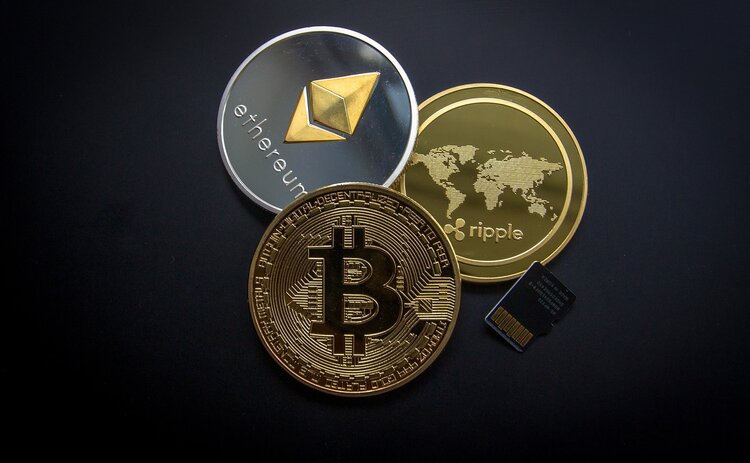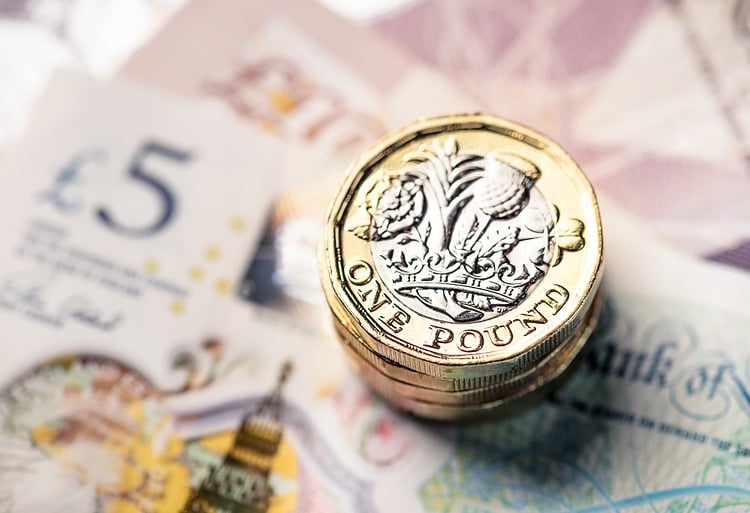A major bank in South Korea has chosen to enter the cryptocurrency business in response to rising demand for digital asset custody.
Domestic businesses are unable to hold their crypto assets on exchanges and must instead rely on self-custody.
This comes at a time when Korean businesses are increasingly storing digital money for various purposes.
Woori Financial Group, one of South Korea’s top banks, has entered the cryptocurrency market.
Woori Financial Group is one of the newest South Korean banks to offer digital asset services. The bank is forming a cryptocurrency custody joint venture with Coinplug Inc., a Bitcoin and blockchain services company. According to a local publication, the fintech firm will be the main shareholder in the joint venture, while Woori Bank would be the second-largest shareholder. D-Custody, the joint venture, is anticipated to be formed as soon as next week.
The country’s present rules prohibit banks from dealing directly with cryptocurrencies. As a result, if South Korean banks wish to enter the market, they will have to form joint ventures with partial ownership.
Services associated to cryptocurrencies, according to banking experts in the country, offer a low-risk business potential that might serve as an extra revenue stream for banks.
Woori Bank was created in the nineteenth century and changed its name to Woori Bank in 2002. It is located in Seoul and is one of South Korea’s four largest domestic banks.
It is illegal for domestic companies to hold their digital assets on exchanges. As a result, many businesses are forced to rely on self-custody, which has a high risk of theft or loss.
As a result, demand for cryptocurrency custody services in Korea is increasing, as Korean businesses begin to keep various digital assets for investment and diversification purposes.
In offering crypto-asset custody, the bank joins other Korean banks such as KB Financial Group and Shinhan Financial Group.
Despite the country’s efforts to promote cryptocurrency adoption, South Korean institutions such as Woori Bank, KB Financial Group, and Hana Bank have said that they will not interact with domestic digital asset exchanges.
The decision was made due to the dangers and existing regulatory environment, according to the group. The banks went on to say that cryptocurrencies still pose a risk of being used in illegal activities such as money laundering./n





